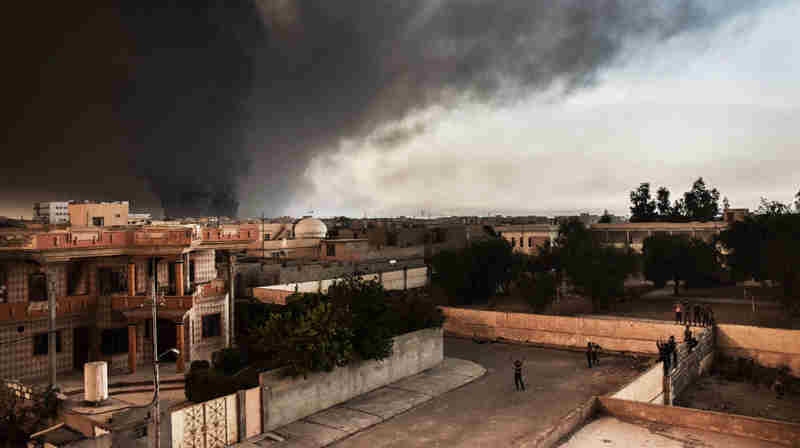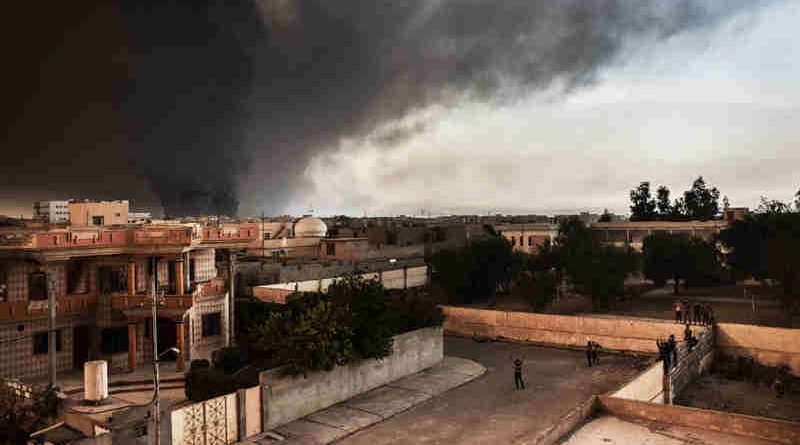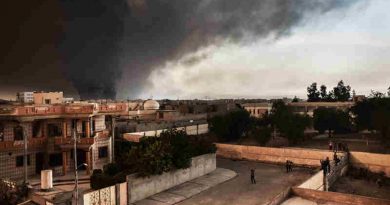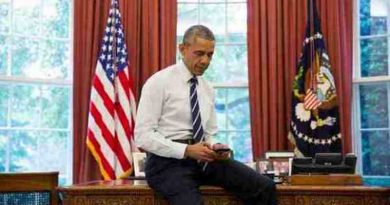How President Trump Plans to Defeat ISIS Terrorists

With a strong force of over 70,000 fighters under its leader Abu Bakr al-Baghdadi, Islamic State is attacking different nations with the aim to set up a Caliphate.
By Rakesh Raman
While Donald Trump had often said during his election campaign that he knows how to defeat the militant organization Islamic State of Iraq and Syria (ISIS), now he has asked people in his Administration to make a specific plan.
Trump has asked his Secretary of Defense to submit a preliminary draft of the plan within 30 days to defeat the terror outfit.
According to a White House communique issued Saturday, ISIS is not the only threat from radical Islamic terrorism that the U.S faces, but it is among the most vicious and aggressive.
“It is also attempting to create its own state, which ISIS claims as a ‘caliphate.’ But there can be no accommodation or negotiation with it. For those reasons, I am directing my Administration to develop a comprehensive plan to defeat ISIS,” Trump said.
[ Also Visit: Global Terrorism Information Center ]
Islamic State of Iraq and the Levant (ISIL) or Islamic State of Iraq and Syria (ISIS) or Islamic State (IS) is a militant organization.
With a strong force of over 70,000 fighters under its leader Abu Bakr al-Baghdadi, ISIL is attacking different nations with the aim to set up a large Islamic State called the Caliphate. It is believed that now ISIS has a presence in more than 30 countries of the world.
According to the White House statement, ISIS is responsible for the violent murder of American citizens in the Middle East, including the beheadings of James Foley, Steven Sotloff, and Peter Abdul-Rahman Kassig, as well as the death of Kayla Mueller.
“ISIS has engaged in a systematic campaign of persecution and extermination in those territories it enters or controls. If ISIS is left in power, the threat that it poses will only grow. The United States must take decisive action to defeat ISIS,” President Trump said in his statement.
The plan to defeat ISIS is expected to include the identification of new coalition partners and policies to empower them to fight ISIS and its affiliates.
It will also include mechanisms to cut off or seize ISIS’s financial support, including financial transfers, money laundering, oil revenue, human trafficking, sales of looted art and historical artifacts, and other revenue sources.
By Rakesh Raman, who is a government award-winning journalist and runs free school for deserving children under his NGO – RMN Foundation.
💛 Support Independent Journalism
If you find RMN News useful, please consider supporting us.




